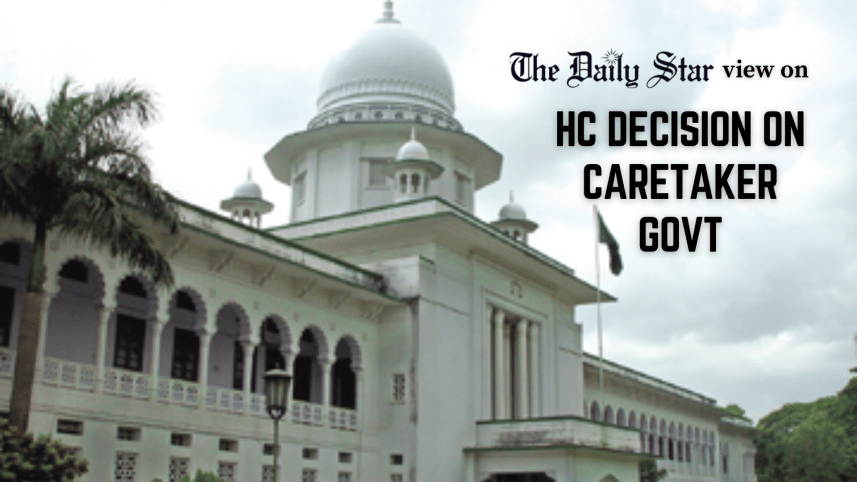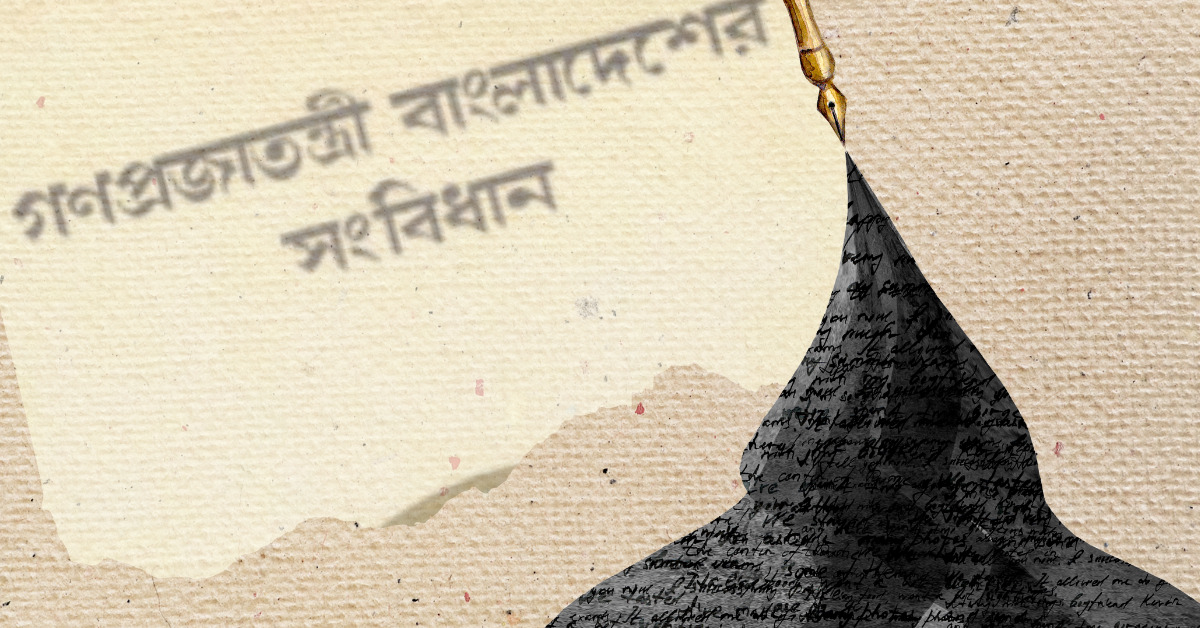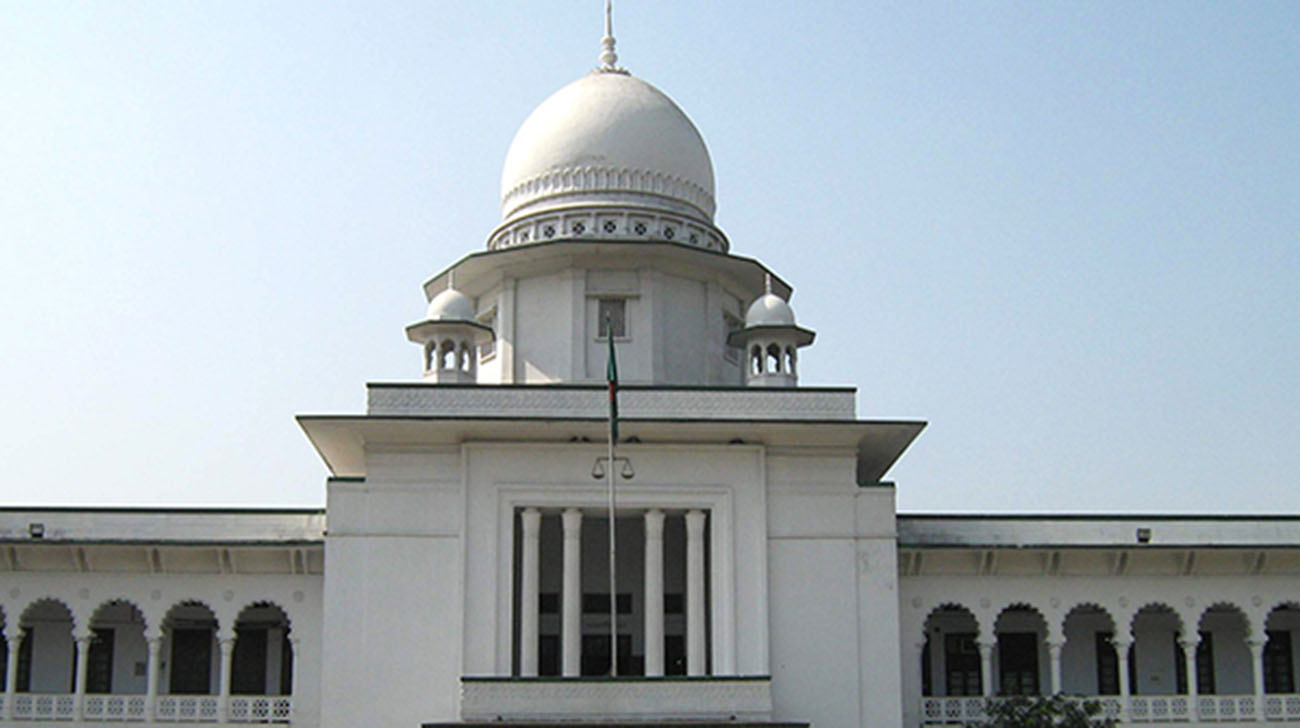A step towards restoring democracy

In a welcome decision, the High Court on December 17 restored the provision for the non-party caretaker government system in Bangladesh and the provision for holding referendums to approve any constitutional amendments. The court rightly observed that the 15th Amendment of the constitution—which abolished the non-party caretaker government system—contradicted the constitution's fundamental framework and undermined key democratic principles. Emphasising that there is no legal bar to reinstating the caretaker government system, the court ruled that while the 15th Amendment is not entirely void, it has compromised the fundamental structure of the constitution. In its observations, the court stated that the core of the constitution lies in democracy, which can only be ensured through free, fair, and credible elections.
Unfortunately, since the passage of the 15th Amendment on June 30, 2011—which annulled the 13th Amendment—Bangladesh has not witnessed a single free or fair election. This has severely damaged the nation's democracy. In fact, it can be argued that democracy effectively ceased to exist under the Awami League regime, which enacted the amendment amid widespread controversy and outrage from nearly all other political parties.
The irony is that the 13th Amendment, which introduced a non-party caretaker government system on March 28, 1996—to ensure all possible aid and assistance to the Election Commission in holding general elections—was passed following intense agitation and mass street protests primarily led by the Awami League itself. Yet in 2011, despite extensive consultations carried out by a parliamentary committee led by senior lawmaker Sajeda Chowdhury, which unanimously recommended retaining the caretaker government provision, Sheikh Hasina, the sitting prime minister at the time, chose to abolish it.
Since then, three parliamentary elections have been held in Bangladesh—in 2014, 2018 and 2024—all of which were either flawed or outright farcical. The 2014 election was boycotted by the main opposition parties; the 2018 election was marred by massive vote rigging the night before polling day; and the 2024 election featured dummy candidates put forth by the Awami League to compensate for the absence of major opposition parties, that once again boycotted it.
Through these farcical elections, the Awami League government grew increasingly authoritarian over time, eradicating all political space for opposition parties and turning the country into a one-party state. Given this history and the consistent failure of partisan governments to hold credible elections, it has become evident that the caretaker government system is one of the main safeguards for ensuring free and fair elections in Bangladesh.
In light of this, we hope the High Court verdict will restore people's voting rights, establish a system for holding free and fair elections, and re-establish democracy in Bangladesh.



 For all latest news, follow The Daily Star's Google News channel.
For all latest news, follow The Daily Star's Google News channel. 

Comments